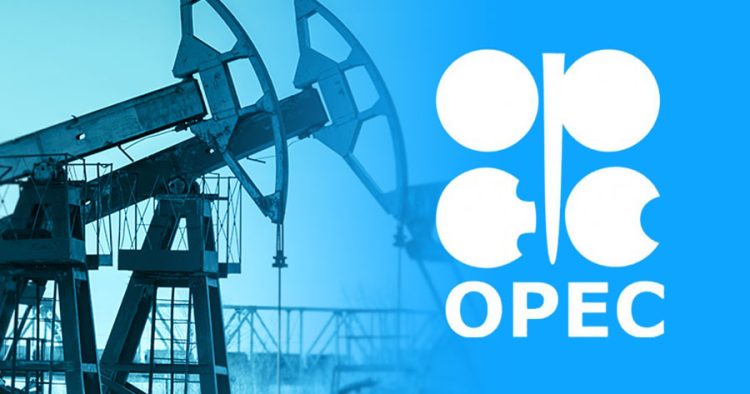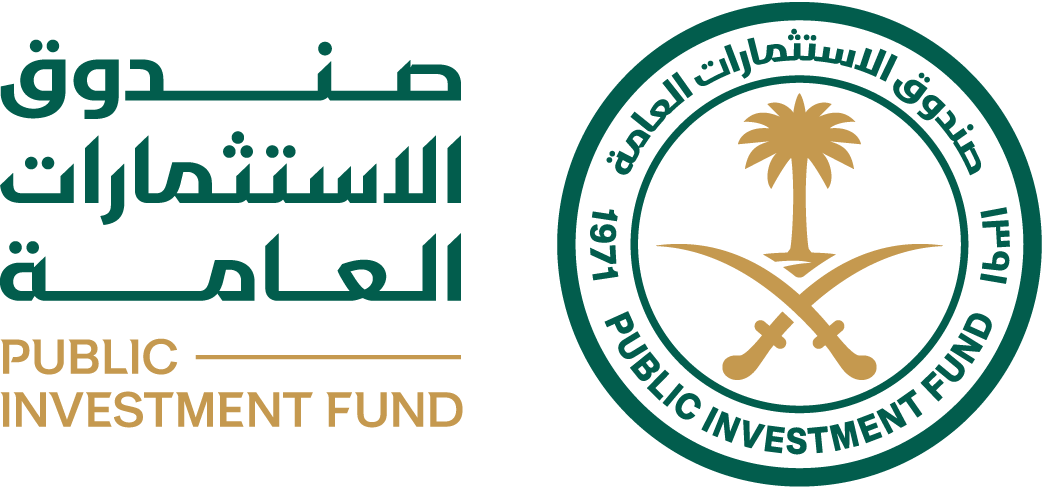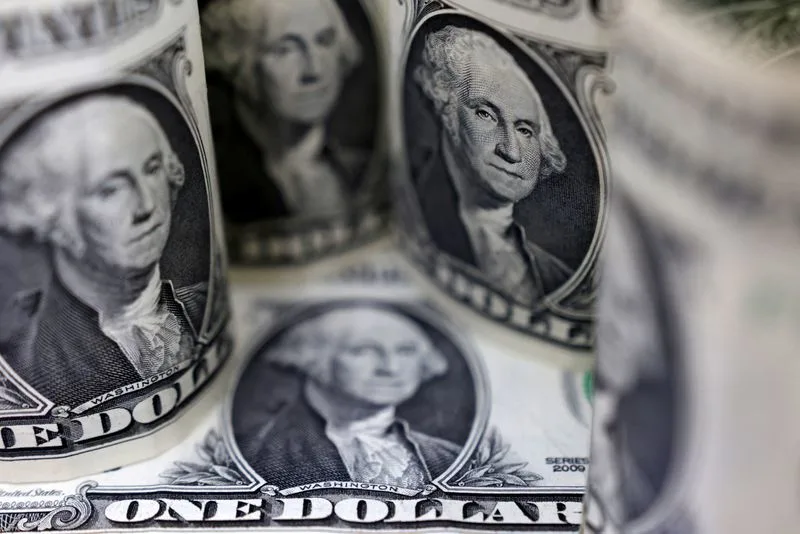Publisher: Maaal International Media Company
License: 465734
OPEC sticks to its forecast for oil demand and predicts stronger economic growth
The Organization of the Petroleum Exporting Countries (OPEC) on Tuesday stuck to its expectations for relatively strong growth in global oil demand in 2024 and 2025 and raised its economic growth forecasts for the two years, indicating that there are possibilities for further rise.
According to Reuters, OPEC said in a monthly report that global demand for oil will rise by 2.25 million barrels per day in 2024 and 1.85 million barrels per day in 2025. The expectations for both years have not changed from the expectations issued in last month’s report.
Any stronger rise in economic growth would give an additional boost to oil demand. OPEC’s forecast for demand growth in 2024 is already higher than that of the International Energy Agency, although the broader OPEC+ alliance is still cutting production to support the market.
اقرأ المزيد
OPEC said it expects the “positive trend” in economic growth to extend into the first half of 2024, and raised its forecast for economic growth in 2024 and 2025 by 0.1 percentage point.
“Global economic growth remains strong,” OPEC said in the report. “The potential for further upside could be realized in all major OECD and non-OECD economies.”
Oil prices received support in 2024 as a result of conflict in the Middle East and supply disruptions, but concerns about continued high interest rates are taking their toll. Today, Brent crude oil is trading at around $82 per barrel, up 0.5%.
For the current year, OPEC’s expectations for oil demand growth are much greater than the increase of 1.24 million barrels per day expected by the International Energy Agency so far. The agency is scheduled to release its latest forecast on Thursday.
OPEC and the agency have disagreed in recent years on issues such as long-term demand and the need to invest in new supplies. The agency expects oil demand to reach a peak by 2030 as the world shifts to cleaner energy sources, which OPEC does not agree with.
Earlier in the day, OPEC Secretary-General Haitham Al-Ghais said that he believes that OPEC’s expectations for demand in the long term are strong, and they are expectations that anticipate the period until 2045 and do not see a peak in demand.
OPEC and the broader OPEC+ group have been adopting a series of production cuts since late 2022 to support the market. A new reduction for the first quarter of this year took effect last month.
The OPEC report also said that its oil production fell by 350,000 barrels per day in January with the entry into force of a new package of voluntary production cuts adopted by the OPEC+ alliance in the first quarter.









